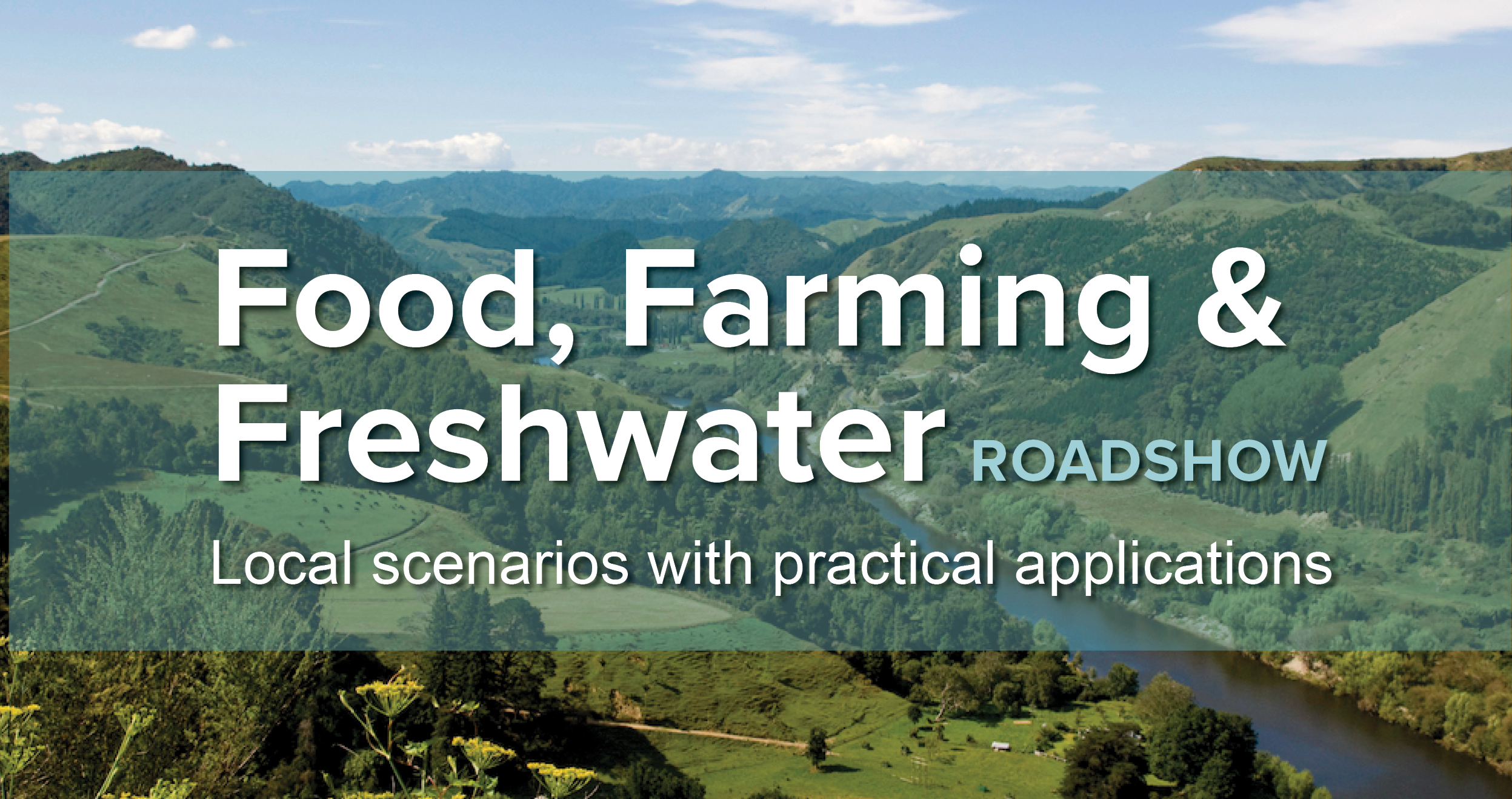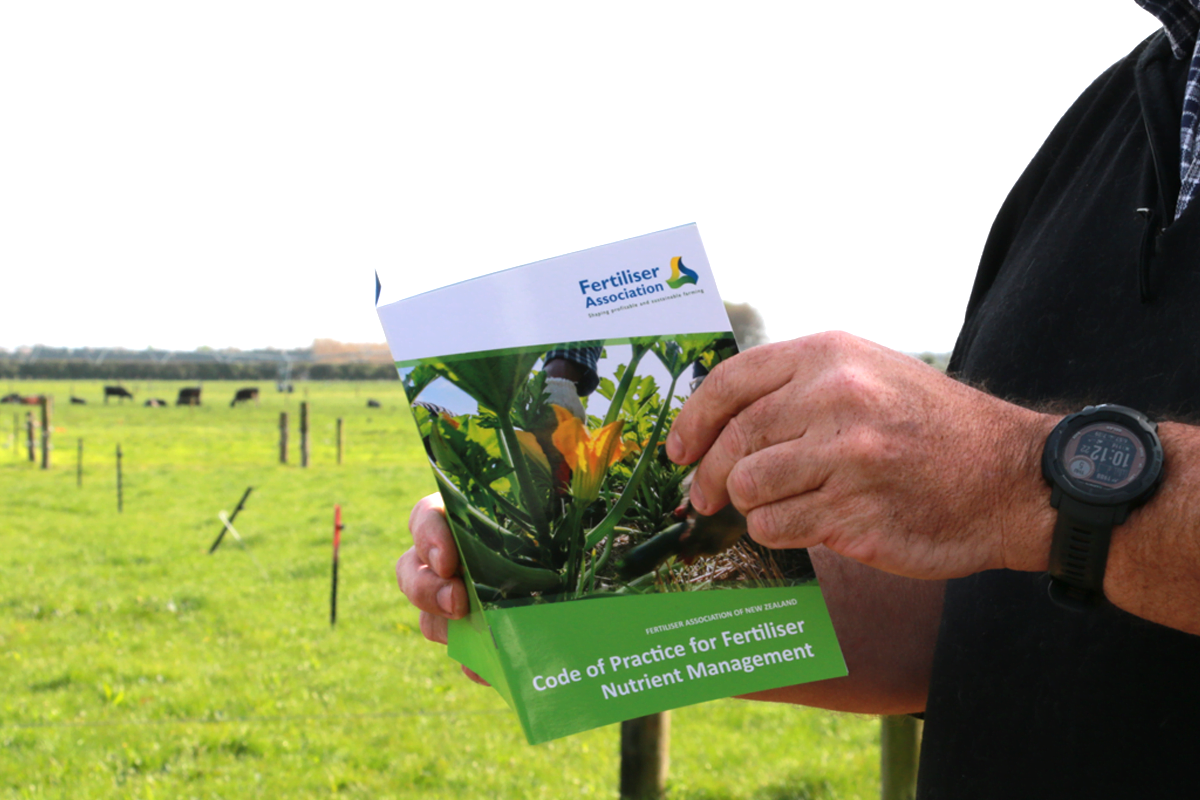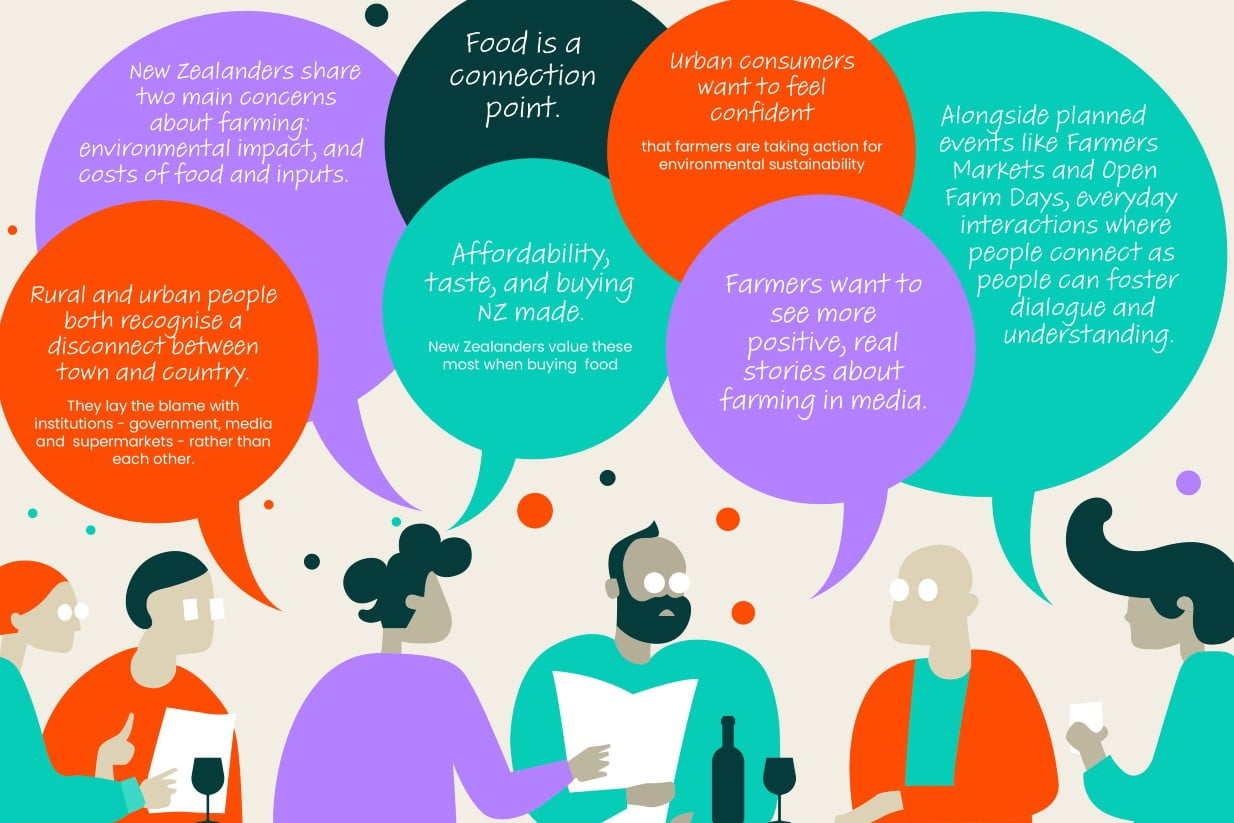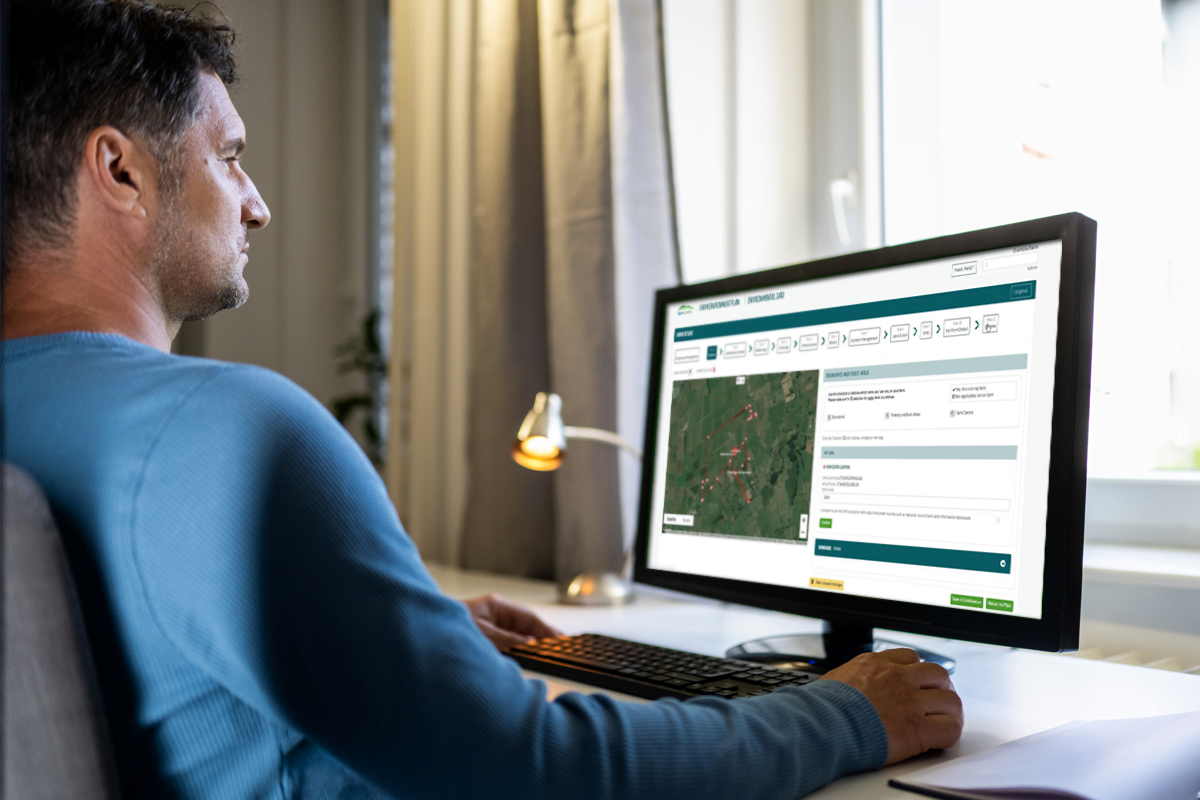Supporting Farmers Through Change: What Do Farmers Want and Need?
A new research project with Farmlands Co-operative is exploring how to support land stewards to meet new environmental standards and expectations.
Many New Zealand farmers are uncertain about how their activities comply with proposed and new policies to improve freshwater quality and reduce greenhouse gas emissions.
A new think piece project funded by Our Land and Water (Toitū te Whenua, Toiora te Wai) seeks to understand how one of New Zealand’s largest farmer co-operatives can better support land managers to meet new environmental standards and expectations.
Farmlands Co-operative supplies products and services to 70,000 shareholders all over New Zealand. The organisation’s scale and reach means it has a responsibility to support farmers and growers by addressing their concerns, says John Arrell, Agri-Innovation and Strategy Manager at Farmlands.
“This project is about understanding how people are feeling about the challenges of adapting to change and where their anxiety is coming from,” says John.
“We see new policy as an opportunity for farmers and growers to evolve, to become more resilient and ensure an environmentally sustainable future – for them and New Zealand. We want to help our shareholders explore new possibilities.”
“How do we turn the conversation around, to talk about the potential for the industry to transform to be better than before?”
The ‘How to Enact On-Farm Environmental Change’ project aims to deliver insights that Farmlands can use to develop new services and provide support for its shareholders, so they can meet regulatory requirements and continue to improve the health of our environment and communities.
“Farmlands doesn’t currently work in the environmental compliance space, so rather than jumping in, we want to understand the issues more deeply,” says John.
The project will begin with listening to and learning from Farmlands shareholders, capturing farmer insights to the problems they’re facing and the challenges of adapting to new policies.
Engaging with Māori shareholders is particularly important, so that Farmlands can better understand how to incorporate te ao Māori into its co-operative model, to build stronger relationships and better support Māori shareholders.
The second stage of the project will be a ‘current state analysis’ – in other words, an investigation of the existing initiatives, programmes and tools available to New Zealand farmers to support their decision-making when attempting to meet new environmental standards. Researchers will inventory these initiatives, and whether they are used by farmers.
The third stage is to document the current social, economic, environmental and emotional barriers to adapting to new policy, formulating a deeper understanding of how to support farmers and growers in meeting new environmental standards.
Insights provided by the project will help Farmlands develop ways to support their shareholders’ transition to a more sustainable farming model.
“Long-term, our objective is to help our shareholders navigate towards new and improved ways to farm,” says John Arrell.
The final report will recommend some possible considering ideas such as benchmarking, rewards for best practice, and incentives through geographic and sector-specific opportunities.
The report can also be used as a source of objective advice for the design of industry and government initiatives to support New Zealand farmers and growers as they strive to meet current and future sustainability regulations.
The project is a partnership between Farmlands Co-operative, the Our Land and Water National Science Challenge, AgResearch, Manaaki Whenua Landcare Research and the Britten Institute. Dorenda Britten will implement the project, using a dynamic design thinking approach.
The project is underway now. A final report is due in November 2020.
Author
 View Our Strategy Document 2019 – 2024
View Our Strategy Document 2019 – 2024




Leave a Reply